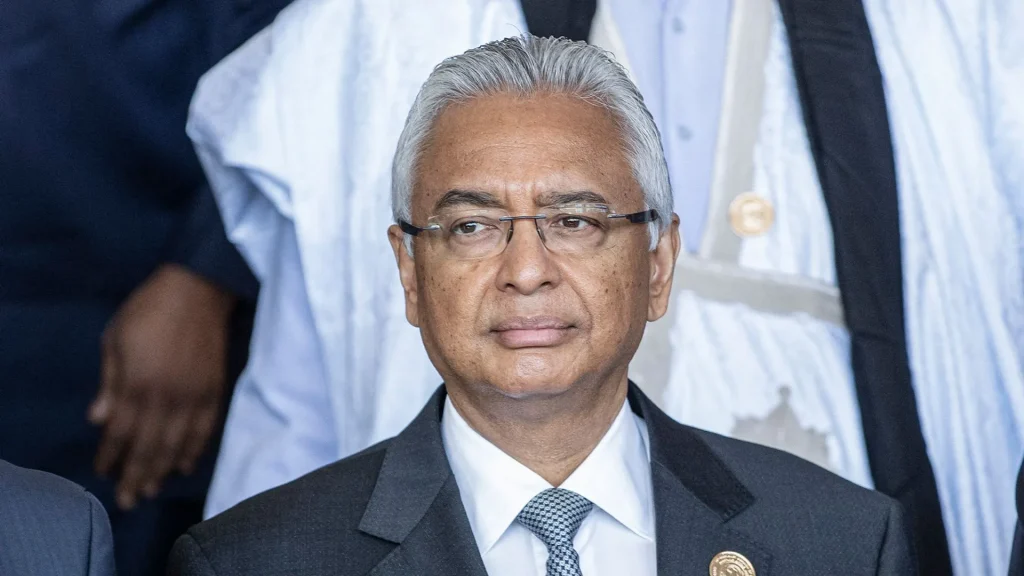Mauritius heads to the polls on Sunday in a hotly contested parliamentary election, with a tense atmosphere following a wire-tapping scandal and mounting concerns over electoral integrity. Police are stationed at polling locations, and opposition leaders are cautioning against potential fraud in a country traditionally celebrated as one of Africa’s most stable democracies.
The election comes just weeks after Britain transferred sovereignty of the Chagos Islands to Mauritius, a diplomatic victory Prime Minister Pravind Jugnauth had hoped would bolster his re-election campaign. However, this advantage was quickly marred by leaked phone calls involving officials, sparking a scandal that led authorities to initially ban social media, though this was later reversed due to public outcry.
Voters will decide between Jugnauth’s Militant Socialist Movement coalition and the Alliance of Change, led by former Prime Minister Navin Ramgoolam. Both blocs have pledged to address poverty and the rising cost of living, though the opposition has voiced sharp criticism of Jugnauth’s record on governance.
Ramgoolam urged voters to bring their pens to mark ballots. Election commissioner Irfan Rahman assured that measures were in place for a transparent process, with police deployed across polling stations.
This marks Mauritius’ 12th election since independence in 1968, with over a million registered voters choosing from 891 candidates vying for 62 seats. The African Union has sent a 30-member observer team to monitor proceedings. Results are anticipated on Monday.
Mauritius, a majority Hindu nation with a population of 1.3 million, has long been known for its economic stability, with tourism, finance, and manufacturing as its main industries. While the GDP growth reached 7 percent in 2023, democracy researcher Roukaya Kasenally warns that corruption and weakened institutions are stifling progress.
Concerns are also growing over a legacy of political dynasties, with leadership passing between just three families since independence. Jugnauth, who inherited the role from his father in 2017, faces competition from Ramgoolam, also a former prime minister and the son of Mauritius’ first leader. Meanwhile, the Linion Reform Alliance, a new group campaigning under the slogan “Neither Navin, Nor Pravind,” is challenging traditional political powers and calling for more transparency.

